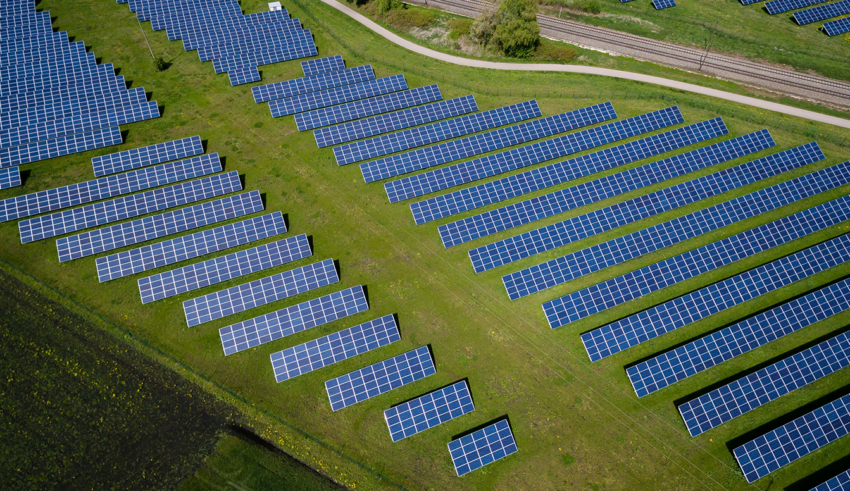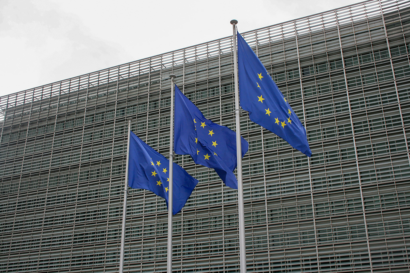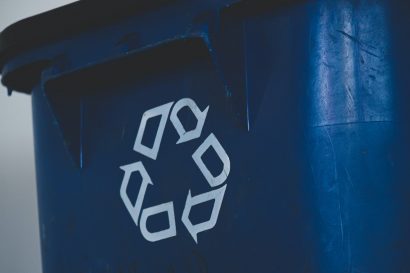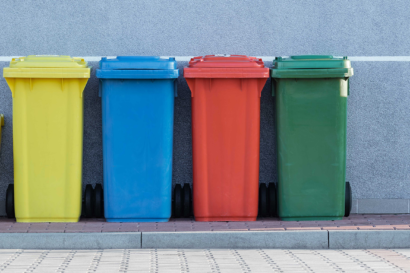AG INSIGHT | 12/06/2018
Resources and waste: let’s stop circular progress

Rowland Hill, Sustainability and Reporting Manager at Marks & Spencer, emphasises the importance of the upcoming Resources and Waste Strategy in driving ambitious resource efficiency in the UK.
This blog is part of a blog series around the launch of the Aldersgate Group’s upcoming policy paper No Time to Waste: An Effective Resources and Waste Strategy. See here to RSVP to the launch event.
Environmentally, the last twelve months have shown just how passionate the UK public can be when the impacts of pollution become visible – with gratitude to David Attenborough’s Blue Planet II series. But also, how eco-quick-fixes are neither quick, nor fixes. The promotion of diesel over petrol being just one in a long list of examples of less than heroic action.
But as the evidence of some types of physical resources (e.g. plastic) ending up in the wrong place make us all think again, now is a good time to reflect on our priorities and get it right.
Generally, most human beings set out with the best of intensions. Plastic bags use less energy to make than paper, plastic films save bulk and carbon emissions, and even the much-maligned plastic straw was another well intentioned quick-fix to save the nations teeth from the erosion of sweet drinks.
Our own experiences at M&S are a good example. A few years ago, we were delighted to reduce the amount of food packaging we used by over a quarter – mainly achieved by the use of plastic. We all have something to learn here.
Resources come in all shapes and sizes – energy, carbon, water and physical materials. They’re all important and they should all be used sparingly. But what’s good in one respect is likely to be bad in another. We need to agree on our priorities.
Resource management needs to be adequately funded – whether that’s in the form of energy efficiency, plugging water leaks or collecting and recycling materials. This raises the thorny issue of tax hypothecation – i.e. taxes funding what they were intended for. It can go horribly wrong. Here in the UK, clean renewable electricity is taxed at the same rate as fossil fuels (Climate Change Levy). That can’t be right? And the huge amounts of money retailers pay into Business Rates to fund waste and recycling, for example, seem to have gone elsewhere…
It’s easier to design-in than retro-fit – and ideally, we’d look to ensure that resource efficiency in all its forms is a feature of how we design, construct and operate our physical environments. Picking it up and cleaning it down at the end as a ‘waste’ is rarely efficient.
We all need reminders and motivations – as with carrier bag charges, whether it’s taxing the ‘wrong’ type of energy or motivating industry to find recycling solutions for plastic films, we all respond to financial rewards and penalties. But, these have to be…
Consistent and co-ordinated – the same materials collected across the whole UK, for consumers and companies. Industry encouraged to do the same things by the same incentives.
The Government’s 25 Year Environment Plan is a bold visionary step forward. A Resources and Waste Strategy that provides clarity, funding, eco-design standards, motivations and consistency would be a huge next step in making it more than just a vision.
With apologies for the cheap-shot at Circular Economy in the title, but it is time we all stopped going around in circles on such an important issue.
Rowland Hill is Sustainability and Reporting Manager at Marks & Spencer



